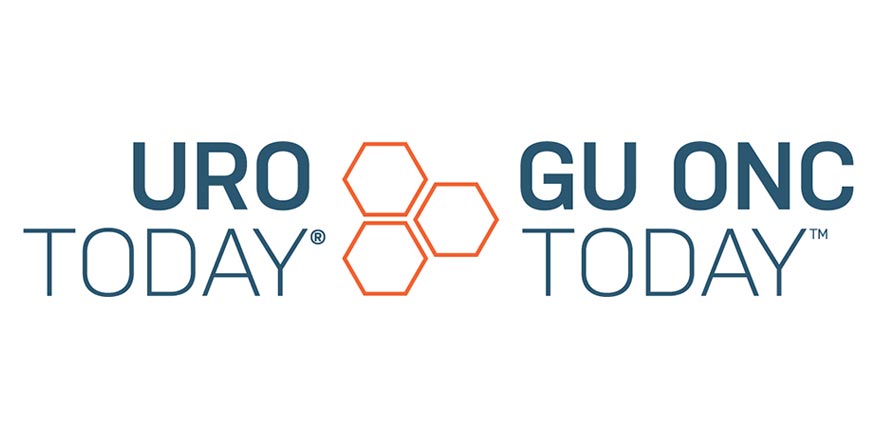
Biographies:
Andrei D. Cumpanas, MD, Researcher, Department of Urology, The University of California, Irvine, CA
Andrei D. Cumpanas: Dear viewers, my name is Andrei Cumpanas. I’m a lead research scholar here at University of California, Irvine’s Department of Urology. And today, I’ll be presenting the results of our study, Artificial Intelligence Convolutional Neural Network for Efficient and Accurate CT-Based Stone Volume Determination.
Given the irregular shape of most renal stones, linear measurements, alone, or as part of an ellipsoid formula, fail to accurately depict the true stone burden. As such, we sought to train an AI algorithm to assess CT-based stone volume and compare its accuracy to the three best-fit ellipsoid formula estimations.
CT scan volume was determined by the UCI AI algorithm as well as by using the three best-fit ellipsoid formulas. These values were compared to the ground truth 3D stone volume as determined by using 3D Slicer.
The UCI AI algorithm was accurate and precise for determining stone volume. Moreover, the AI outperformed the three ellipsoid formulas. Also, the algorithm’s accuracy and precision improved when measuring the larger stones, as larger stones tended to have more irregular shapes.
In conclusion, the UCI Urology AI algorithm determined the renal stone volumes in an accurate and precise way. It outperformed all three ellipsoid formulas. Thank you.
